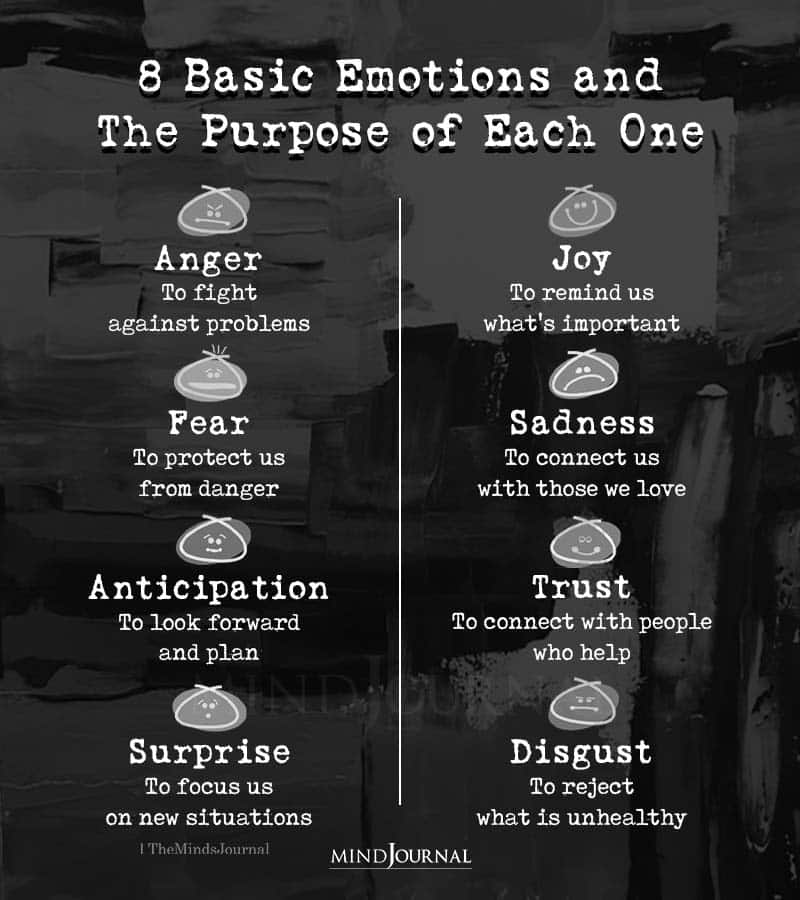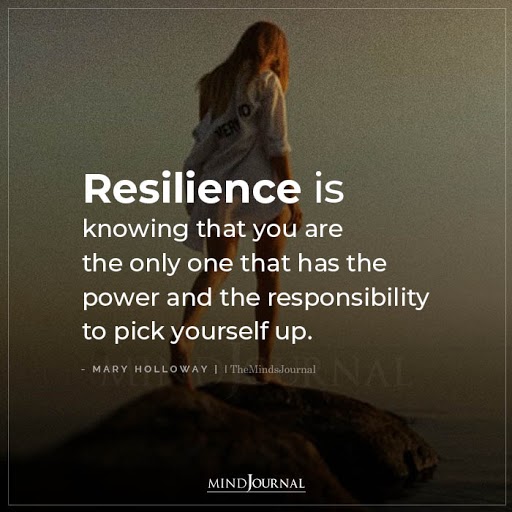Written by: Hilary Jacobs Hendel, LCSW, author of It’s Not Always Depression
Are you uncomfortable with emotions and have trouble understanding or navigating them? Learning how to accept emotions to boosts your well-being.
- Many people do not understand emotions or recognize how to navigate them. Societal messages—for example that showing emotion is a “weakness”—can reinforce that behavior.
- Signs that someone is uncomfortable with emotion include conflict avoidance, difficulty relaxing, and an inability to accept compliments, among others.
- People can accept their emotions by learning more about them and how they help people respond to their environment.
Most people are uncomfortable with emotions. And that makes sense to me. Most of us have been raised in emotion-phobic cultures.
We are not given any formal education on emotions; we aren’t taught how to understand and work with them. What’s even worse is that we are given the impression that we can control our emotions when the fact is that emotions are not under conscious control.
Why don’t our schools teach us the difference between categories of emotions? For example, core emotions, like anger, sadness, fear, disgust, joy, excitement, and sexual excitement, are biological survival programs containing information we should not ignore.
Another category of emotions is called inhibitory emotions. Inhibitory emotions, which we know as anxiety, guilt, and shame, block core emotions to keep us in the good graces of our families, peers, and other social groups or to prevent us from getting overwhelmed. But when we have too much inhibition, we cannot thrive. This is useful information that I teach all of my patients.

What we are taught in our culture—taught very well, I might add—is how to avoid emotions. Our society even praises people for not showing emotions, calling them strong, stoic, or independent. It’s no wonder most people are uncomfortable with emotions.
Signs of Discomfort
Here are 12 signs that you’re uncomfortable with emotions:

1. You sit at work yearning for a drink.
2. You avoid conflicts with your partner.
3. You laugh or smile when you or someone else talks about sad things.
4. You change the subject when uncomfortable during a conversation.
5. You find it hard to slow down and relax.
6. You cannot be alone.
7. You blame and judge others a lot.
8. You can’t stop worrying.
9. You prefer work to intimacy.
10. You can’t accept a compliment.
11. You roll your eyes or say, “Whatever!”
12. You often experience anxiety or depression.
Can you recognize an additional sign that you are not comfortable with emotions?
All of the strategies above are defenses against emotions. Defenses are the things we do to avoid being uncomfortable. Defenses aren’t bad. They are clever creations the mind makes to spare us discomfort and pain. At one time, usually starting in childhood, we needed our defenses for the emotional protection they offered. But as adults, defenses often cost us more than they protect us.

Read 25 Interesting Psychological Facts You Didn’t Know About Yourself
How To Accept Emotions?
Avoiding emotions every now and then is fine, even adaptive, like when we swallow our tears to not cry at work or we play a game on the cellphone to calm our anger. However, habitually avoiding emotional discomfort using the 12 signs above (and many others) is not a recipe for wellness in the long run.
In fact, chronically avoided emotions are at the root of many common diagnoses like anxiety, depression, and addiction. Healing begins with re-learning how to be with emotions.

If you recognize yourself in any of the signs listed above, try not to be hard on yourself. Remind yourself that we live in a culture that provides no education nor tools to help us with emotions. To make matters worse, we are taught myths like: Emotions are for weak people and You can just get over it.
Simply learning a bit more about emotions can make us more comfortable with them and help us feel better about having emotions in the first place.
Read How Changing Your Beliefs Will Make You Realize How Much Life Has To Offer
I never knew that emotions were not under conscious control and that they were normal responses to the environment. I never knew that core emotions were there to help us survive and thrive in life. I never knew core emotions were actually a bunch of physical sensations that we come to recognize as an emotion.
I never knew that buried emotions were the underlying cause of my anxiety and depression. I never knew I could learn skills and techniques to help me more easily move through my emotions without blocking them. When I learned about core emotions and how to work with them, it was a revelation that changed my personal and professional life.
I became an AEDP emotion-centered psychotherapist to help people feel better by helping them process emotions. I love helping people build a skill-set that increases emotional resilience to meet the many challenges of life. I am passionate about the belief that all of us need a basic education in emotions.

I hope I have prompted you to consider learning more. Just like you learned in high school biology about your heart, lungs, and stomach, you can learn about your emotions and benefit your health and relationships.
A+ for trying!
Please share this article with anyone who you may think will find it valuable and helpful.
For free resources on emotions, visit hilaryjacobshendel.com
References
Damasio, A. (2005). Descartes’ Error: Emotion, Reason, and the Human Brain. New York: Penguin
Fosha, D., Siegel, D., Solomon, M. (2009). The Healing Power of Emotion: Affective Neuroscience, Development & Clinical Practice (Norton Series on Interpersonal Neurobiology). New York: W.W. Norton
Fosha, D. (2000). The Transforming Power of Affect: A Model for Accelerated Change. New York: Basic Books
Hendel, H. (2018). It’s Not Always Depression: Working the Change Triangle to Listen to the Body, Discover Core Emotions and Connect With Your Authentic Self. New York: Random House
Originally appeared on: Psychology Today Republished with permission












Leave a Reply